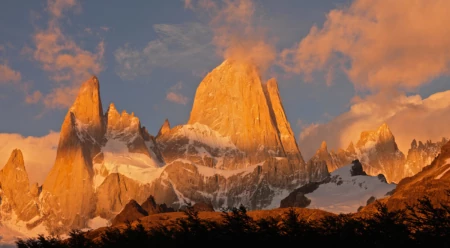“Swarm Theory” in National Geographic
Working at Patagonia is not like working at most other companies.There are many reasons, but one is the lack of rigid hierarchical structure. The office doors of upper management are always open (when there are doors), questions are encouraged and the company’s managers rarely issue edicts or micromanage employees. This decentralized system of doing things may go against conventional wisdom, but Patagonia’s system has not only worked, it’s worked pretty well.
There are however plenty of dysfunctional democracies in the world, at every level, so I often take interest in ones that seemto work. For that reason, I found Peter Miller’s article "Swarm Theory"in this month’s National Geographic a great read.
In taking a look at the behavior of different insects and animals, thearticle looks at the some of the necessary ingredients for any group to make the best collective decisions – such as a diversity of ideas,an independent mindedness among members, and the use of an effective mechanism to narrowchoices.
It also subverts a commonly held truth that, to make the rightdecisions, individuals need a groupleader with a plan to coordinate and help them see the big picture.Instead, it concludes, if individuals live simply, follow some simplerules of their own and act on localinformation, the end result will be a well functioning system.
In my experience this often seems to be the case, even if it doesn’t appear so at first glance. When I was in Cambodia, most peoplestill drove motorbikes. For someone visiting the capital of Phnom Penh,the roads seemed like pure chaos. Hordes of Cambodians drove on intersectingstreets mostly without lanes, traffic lights or stop signs. They drove at anyspeed, often on the wrong side of the road, on sidewalks and throughparks. Anywhere was fair game.
Yet the longer I was there, the more I saw that there was a system and that system seemed towork, and worked pretty well. I still saw and heard about accidents,but they were definitely no more common than in the U.S. My initial theory wasthat everyone drove in a heightened state of alert because at anyminute a motorbike with five family members, including a child on thehandlebars, could plow into you. But the longer I was there, the more Iunderstood the rules of the road…however difficult they were to explain to visitors.
Anyway, I hope you enjoy the article and it makes you think a little about how the swarms around you function!
